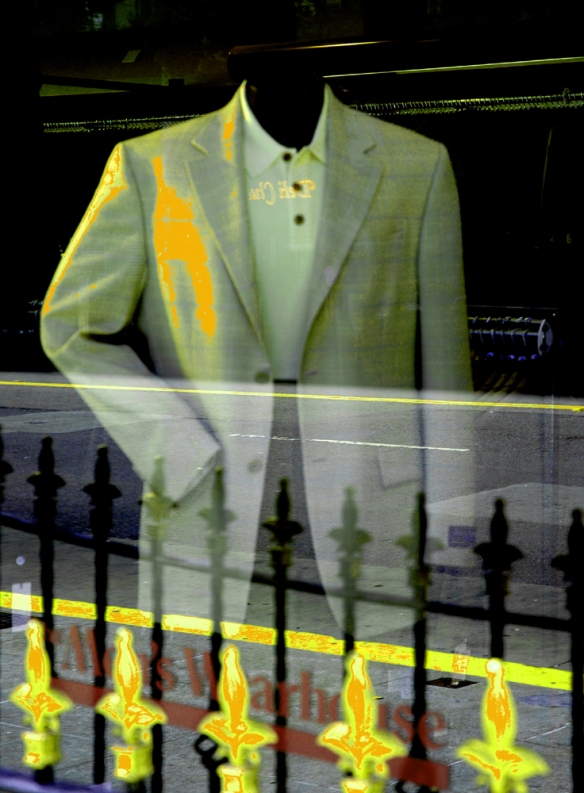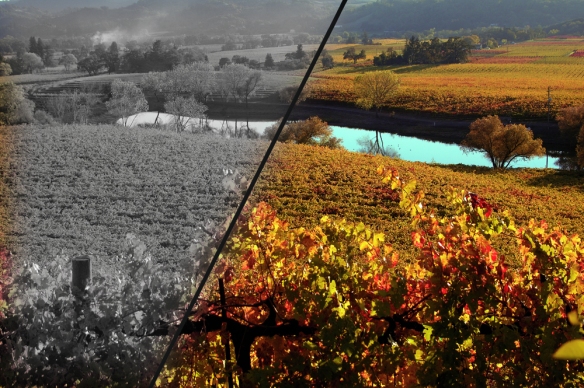
All Things Containing Sacredness
Matthew 28:16-20 Now the eleven disciples went to Galilee, to the mountain to which Jesus had directed them. When they saw him, they worshipped him; but some doubted. And Jesus came and said to them, “All authority in heaven and on earth has been given to me. Go therefore and make disciples of all nations, baptizing them in the name of the Father and of the Son and of the Holy Spirit, and teaching them to obey everything that I have commanded you. And remember, I am with you always, to the end of the age.”
2 Corinthians 13:11-13 Finally, brothers and sisters, farewell. Put things in order, listen to my appeal, agree with one another, live in peace; and the God of love and peace will be with you. Greet one another with a holy kiss. All the saints greet you. The grace of the Lord Jesus Christ, the love of God, and the communion of the Holy Spirit be with all of you.
Julian of Norwich When he made us God almighty was our kindly Father, and God all-wise our kindly Mother, and the Holy Spirit their love and goodness; all one God, one Lord. In this uniting together he is our real, true husband, and we his loved wife and sweetheart. He is never displeased with his wife: ‘I love you and you love me,” he says, ‘and our love will never be broken. [Julian of Norwich (c. 8 November 1342 – c. 1416) was an English anchoress and an important Christian mystic and theologian. Her Revelations of Divine Love, written around 1395, is the first book in the English language known to have been written by a woman.]
© Hilary F. Marckx, all rights reserved
In the church calendar
this is Trinity Sunday,
an arcane and strange notion
is the idea of the Trinity.
Much theological, philosophical,
and intense wrangling
has gone into this concept.
The notion that God is three,
but still one,
is as specious to me
as is the idea that
Jesus is comprised of two separate,
yet one united nature.
Theologians state that
God’s various parts are
Father/Mother,
Son/Daughter,
Holy Spirit.
Jesus is fully, completely, solely
human and divine.
These claims work as metaphor,
but theologically they can get reified and
become boxes and categories
to contain and control
God.
Ways to make God less
fearsome and mysterious.
Ways to separate ourselves and categorize
and dehumanize
others,
and by extension,
reasons to fear and hate and exclude.
Then we get Julian, with her images of the divine as
wife, sweetheart, lover, husband,
all relational, all united,
and I suspect for Julian, conjugally so,
and with great pleasure in the uniting.
The Fathers, Patriarchs, Bishops of the church
found ways to divide what is holy.
Julian and many of the church mothers
found way to melt, meld,
what is human and what is divine
into a familial one.
I like that God is lover and sweetheart
and husband and wife,
and what is sacred is all of it —
ALL MEANS ALL —
God, Earth, Frogs, Ducks, Crickets, Snakes,
Spiders, Rocks, Grasses, Trees,
You, Me, Us, Them…
ALL MEANS ALL.
Sacredness abounds!
























